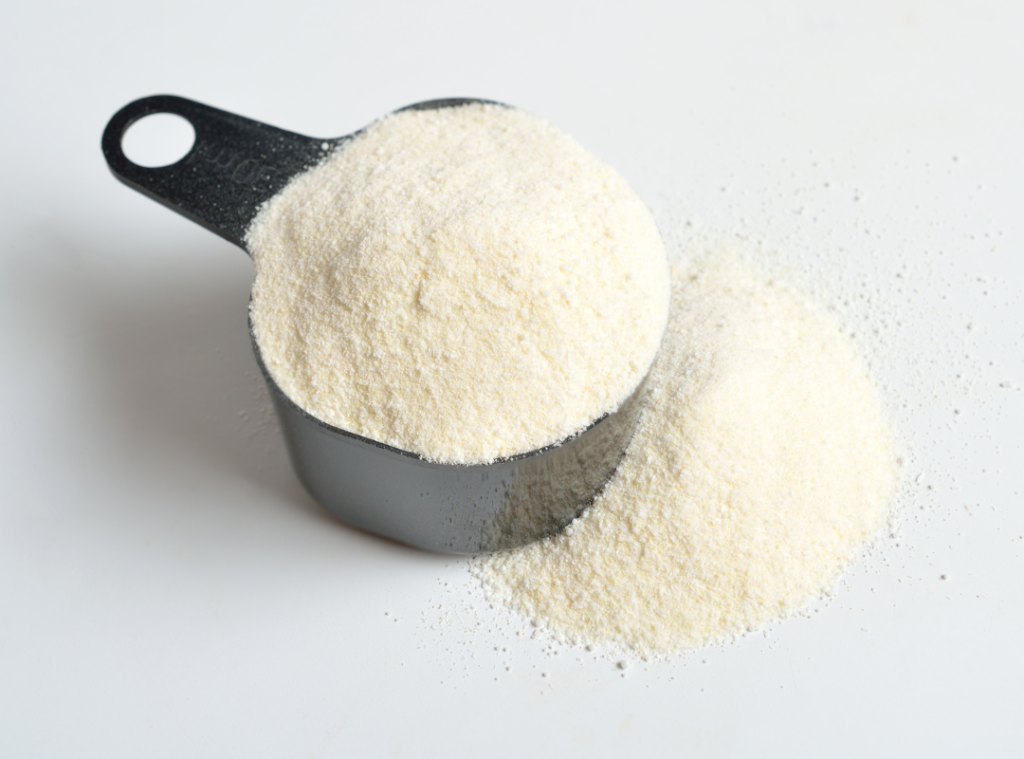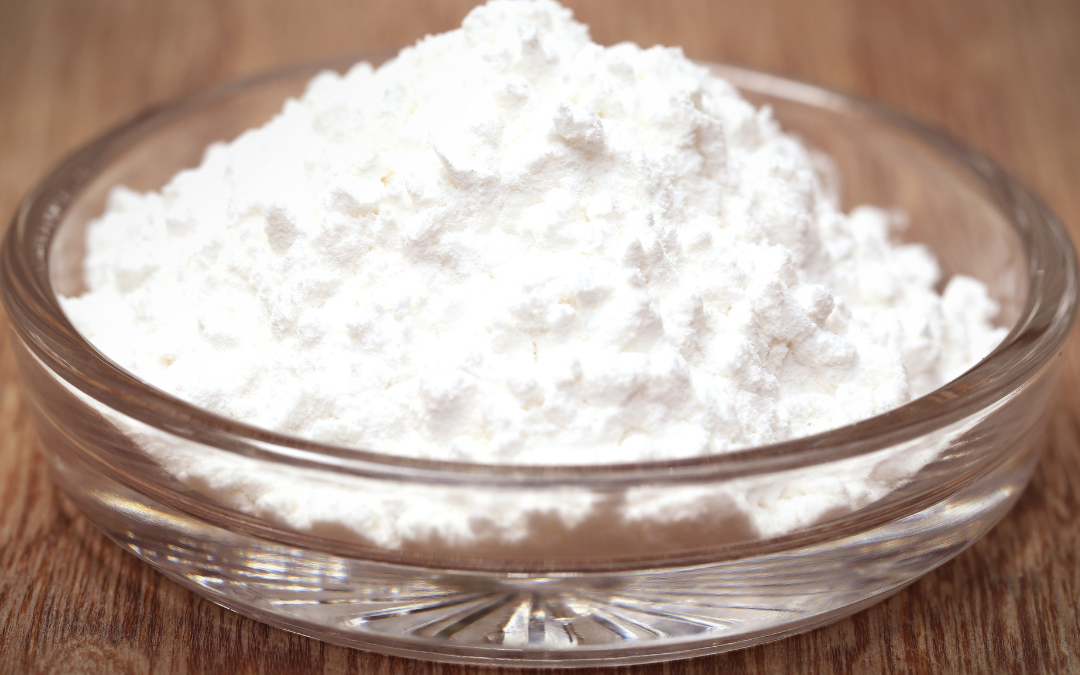What is Xanthan Gum?
Xanthan gum is a high-molecular-weight polysaccharide produced through fermentation. It serves as a food additive that enhances the texture, consistency, aroma, flavor, shelf life, and appearance of various foods.
Appearance: Xanthan gum is commonly available as a white to off-white powder, although it can also be prepared as a solution with high viscosity.
Applications: It is widely used in food products, personal care items, and industrial products. Xanthan gum can improve the texture and stability of food items, making it a versatile ingredient in many formulations.
Packaging: Typically available in 25 kg bags.
CAS Number: 11138-66-2
Chemical Formula: C35H49O29
Xanthan gum is particularly valued in gluten-free baking and sauces for its ability to provide viscosity and stabilize emulsions.

Applications of Xanthan Gum
In the Food Industry: Xanthan gum is widely utilized in the food industry for various purposes, including enhancing the shelf life of fruit juices, thickening sauces, increasing the viscosity of food products, flavoring beverages, and stabilizing sauces. Specific applications include:
Ready-made soups
Fruit juices
Ice cream
Egg white substitutes
Fat replacers and margarine
Gluten-free breads
Various sauces
Beverages
Canned foods
Xanthan gum serves as a food filler, stabilizer for emulsions, food emulsifier, and thickener in food products.
In Personal Care Products: In cosmetics and personal care products, xanthan gum is used to increase the volume of products. Additionally, it helps improve the dispensing of products from packaging and stabilizes formulations by enhancing the suspension of solid particles in liquids. Xanthan gum can be found in toothpaste, creams, shampoos, and body lotions.
One of its applications in toothpaste is to achieve a uniform texture, making it easier to dispense the paste from the container and enhancing its distribution in the mouth.
In creamy and gel-like products, xanthan gum is used to provide stability and consistency to the main ingredients.

In Industrial Applications:
Textile Industry: Xanthan gum is used as a thickener for printing pastes and in dyeing fibers. Its viscosity decreases with excessive stirring, making it easier for color to transfer to yarn.
Oil Drilling: Drilling fluids are complex fluids used to clean the well of drilling cuttings, lubricate the drill, and control drill pressure. These fluids can be water-based or oil-based. Water-based drilling fluids consist of brine and water-soluble polymers, with xanthan gum being a widely used polymer for increasing viscosity and gel strength in water-based fluids.
Ceramics and Tiles Industry: Xanthan gum is used for glazing tiles and ceramics, preventing clumping during grinding. It also helps control the moisture content and drying time of tiles and ceramics.
Detergents: Due to its resistance to acids and bases, along with its excellent adhesion and suspension capabilities, xanthan gum is recognized as a suitable component in detergents and cleaners.
Agricultural Industry: In agriculture, xanthan gum is used as an additive in animal feed or in pesticides to enhance sprayability, increase adhesion and durability of products, and reduce clumping. Military Applications: Xanthan gum is combined with guar gum to maintain the liquid state of explosives, serving as a thickening agent and improving thermal stability in explosive materials.



